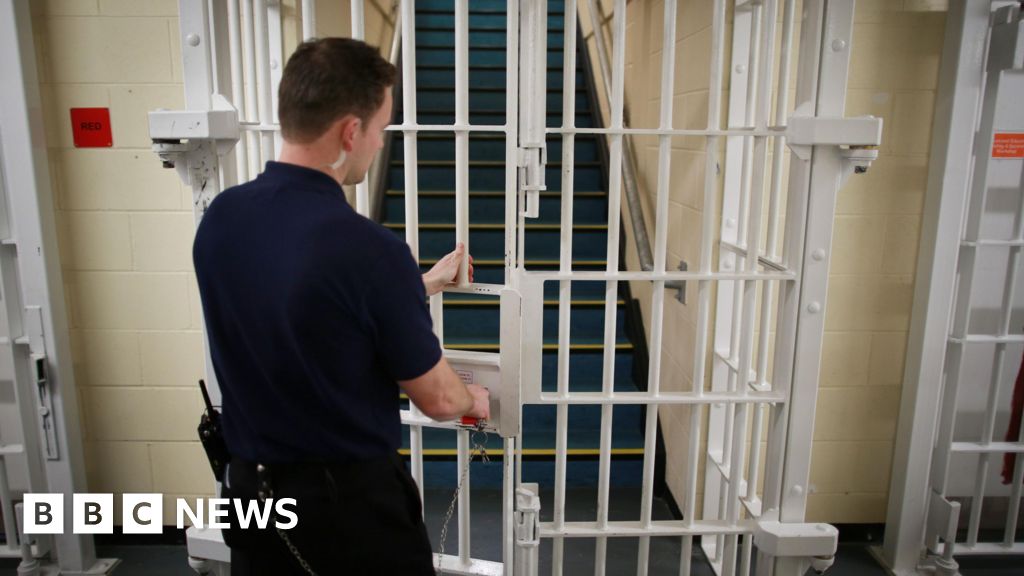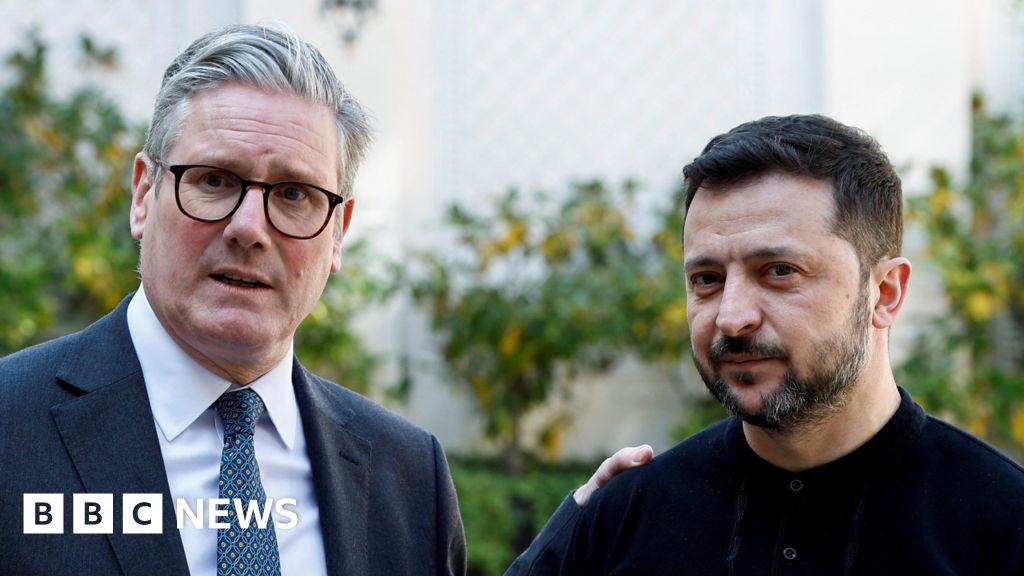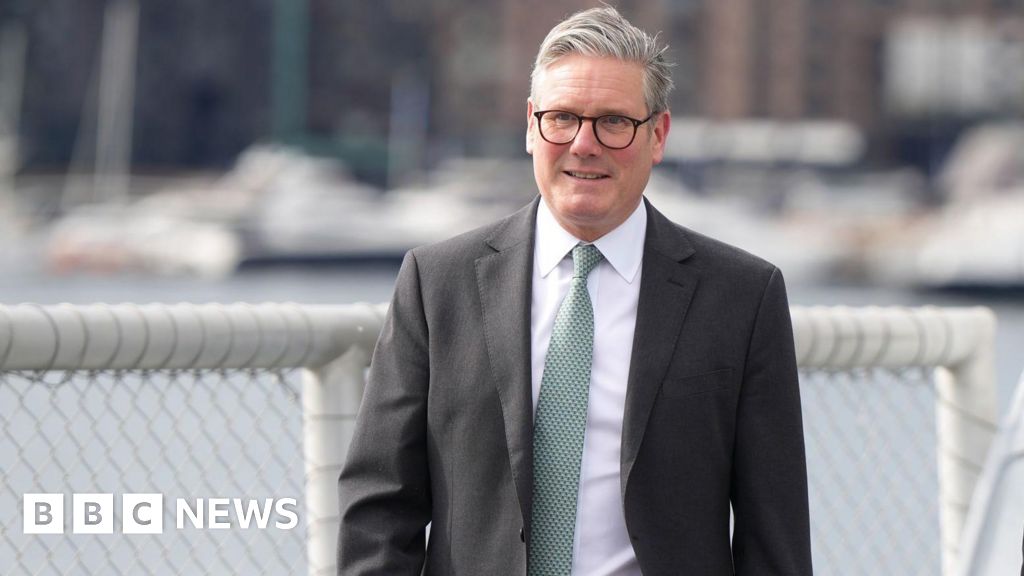ARTICLE AD BOX
By Jessica Parker
BBC political correspondent
This was the first full in-person session in the House of Commons for over a year, and Boris Johnson felt the full force of it.
He had to battle through parts of his opening statement on the crisis in Afghanistan, in a noisy chamber, as MPs from all sides vied to intervene.
It was a striking contrast to the often flat proceedings that have been a hallmark of the part-virtual parliament over the past year.
Now, lined up on the front bench, Mr Johnson and his ministers not only had to hear the searing criticisms from colleagues but look them in the eye as well, whether in the chamber or in backrooms, corridors and passages.
"Ignominious", "catastrophic" and "humiliating" were among the words used by Conservative MPs to describe the UK and the West's withdrawal from Afghanistan.
And there were veterans of the military campaign, who've gone on to become MPs, on hand to express their grief and sorrow about how that campaign has come to an end.
You could hear a pin drop as Conservative MP Tom Tugendhat, who served in Afghanistan, spoke of attending the funerals of fallen comrades.
But amid the criticism, some ministers have emerged from this crisis with their reputations more intact that others.
Defence Secretary Ben Wallace has been getting proverbial pats on the back from Tory MPs for trying, albeit unsuccessfully, to pull together an international coalition to remain in Afghanistan.
There is a sense from some I spoke to that the former soldier "got it", while the prime minister and Foreign Secretary Dominic Raab did not.
Mr Johnson insisted today that, while the core mission was successful, carrying on without the Americans just wasn't realistic.
'Global Britain'
But that argument presents its own problems, and these were expressed, not least of all, by the woman he replaced in Downing Street.
Theresa May stood up to suggest that the episode demonstrated an over-reliance on America, and spelled a "major setback" in Britain's foreign policy.
And she directed a stinging question at ministers who want to project an image of post-Brexit Britain as a strong global player, asking: "Where is Global Britain on the streets of Kabul?"
But do questions posed in an emergency Commons meeting really matter, when Kabul fell to the Taliban days ago?
Wednesday's debate won't change the course of history - but it does play a part in recording it.
Earlier, the prime minister said, on Afghanistan, that the "future is not written yet".
And it's also true that many more people than him are involved in present and past decisions that have brought the country to where it is today.
But the proceedings in Parliament on 18 August 2021 will not make good reading for the government.
It will show a sense of deep distress about what is happening in Afghanistan.
It will list stark warnings about what it could mean for the future.
And it will speak of an anxiety that, in a watershed moment of international crisis, Global Britain fell short.

 3 years ago
180
3 years ago
180








 English (US) ·
English (US) ·